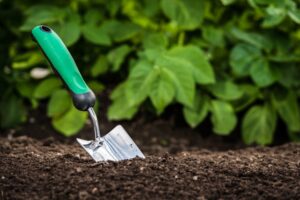
Gardening is a beloved hobby for many, offering a sense of peace, accomplishment, and connection to nature. However, even the most well-intentioned gardener can fall prey to common mistakes that have the potential to turn this rewarding activity into a source of frustration. Understanding these pitfalls is crucial to maintaining a healthy, vibrant garden. This article sheds light on 14 common gardening mistakes, providing insights into how to avoid them and ensure your garden thrives.
1. Overwatering: The Silent Killer
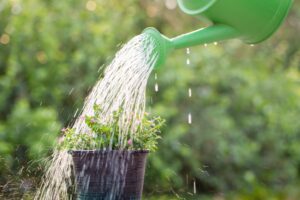
One of the most frequent errors in gardening is overwatering. While plants certainly need water to survive, too much can lead to root rot, a condition where roots can’t breathe and effectively absorb nutrients. This mistake often stems from a well-meaning desire to care for plants, but it’s crucial to understand that different plants have varied water needs. Overwatered soil can also become a breeding ground for fungi and pests, further harming your plants. Learning to check soil moisture before watering and investing in a simple irrigation system can prevent this common issue.
2. Neglecting Soil Health
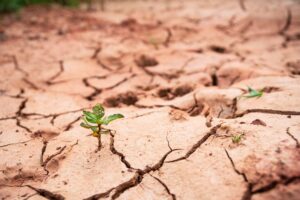
Soil is the foundation of any garden, and neglecting its health can lead to numerous problems. Many gardeners make the mistake of planting without first testing and amending their soil. Poor soil can be too acidic, too alkaline, nutrient-deficient, or lack proper drainage, all of which can stunt plant growth. Incorporating organic matter, such as compost or well-rotted manure, can vastly improve soil structure and fertility, leading to healthier plants.
3. Planting at the Wrong Time

Timing is everything in gardening, and planting too early or too late in the season can doom plants from the start. Frost can kill tender seedlings, while heat stress can affect those planted too late. Understanding the growing season in your region and the specific needs of each plant is essential. Utilize local planting guides and be mindful of last frost dates to ensure your plants get the best start possible.
4. Ignoring Pest and Disease Management
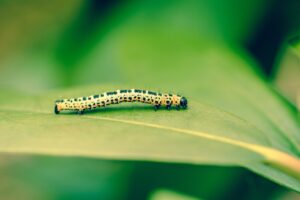
Pests and diseases can wreak havoc in a garden, and failing to manage them proactively can lead to significant losses. Regular monitoring of plants for signs of trouble, such as discolored leaves, holes, or wilting, is vital. Natural pest control methods – like introducing beneficial insects and practicing crop rotation – can help manage these issues without resorting to harsh chemicals that can harm the ecosystem.
5. Overcrowding Plants
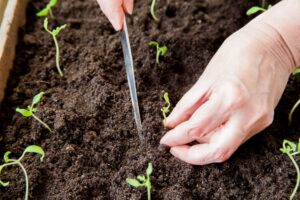
Overcrowding is a common mistake that not only stunts plant growth due to competition for light, water, and nutrients but also increases the likelihood of disease. Proper spacing allows for adequate air circulation, which is essential in preventing fungal infections. Always follow the spacing recommendations for each plant, and be prepared to thin seedlings when necessary to give each plant enough room to grow.
6. Using Chemicals Recklessly
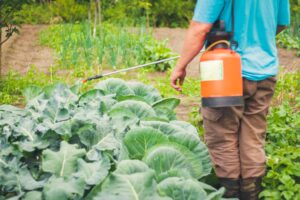
The misuse of chemical fertilizers, pesticides, and herbicides can not only harm your plants but also negatively impact soil health and local wildlife. Organic gardening practices are not only better for the environment but can also lead to a more resilient garden. If chemicals must be used, always follow the instructions carefully and consider the potential impact on beneficial organisms.
7. Choosing the Wrong Plants
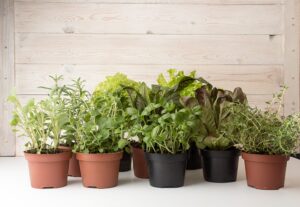
Not all plants are suited to all environments, and choosing plants that are not compatible with your garden’s conditions can lead to disappointment. Consider factors such as sunlight, soil type, and climate when selecting plants. Native plants are often a good choice, as they are adapted to local conditions and require less maintenance.
8. Ignoring Companion Planting
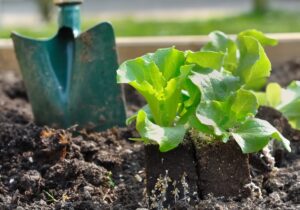
Companion planting involves placing plants together that benefit and support each other, either by deterring pests, improving growth, or enhancing flavor. Ignoring these beneficial relationships can result in a less productive and more pest-prone garden. Researching and implementing companion planting strategies can lead to a healthier, more harmonious garden ecosystem.
9. Forgetting to Mulch
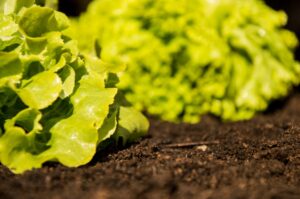
Mulch is not just an aesthetic addition to the garden; it plays a crucial role in retaining soil moisture, regulating temperature, and suppressing weeds. Forgetting to mulch can lead to dry, hard soil and a weed infestation, both of which can stress plants. A layer of organic mulch, such as straw or bark, can make a significant difference in the health of your garden.
10. Improper Pruning

Pruning is essential for the health and productivity of many plants, but doing it incorrectly or at the wrong time can lead to poor growth or even kill a plant. Each plant has specific pruning needs, and understanding these is key to encouraging healthy growth and flowering. Avoid heavy pruning outside of the recommended periods, and always use clean, sharp tools to make precise cuts.
11. Lack of Planning
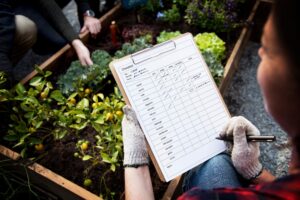
A well-planned garden is more likely to succeed than one thrown together haphazardly. Lack of planning can lead to issues like poor plant placement, inadequate space for growth, and an unbalanced design. Taking the time to sketch out your garden layout and consider the needs of each plant can save time and resources in the long run.
12. Ignoring Vertical Space
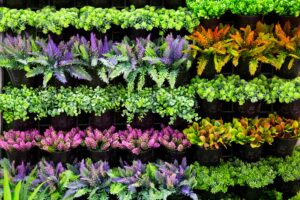
Many gardeners forget to utilize vertical space, which can significantly increase your growing area, especially in small gardens. Trellises, climbing plants, and vertical planters can add depth and interest to your garden while maximizing space.
13. Watering Inconsistently
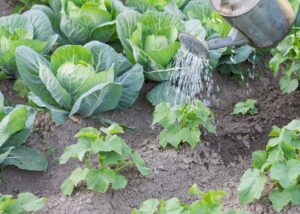
Inconsistent watering can stress plants, leading to poor growth and susceptibility to disease. Establishing a regular watering schedule that accounts for the needs of your plants and the local climate can ensure your garden remains healthy and vibrant.
14. Failing to Adapt
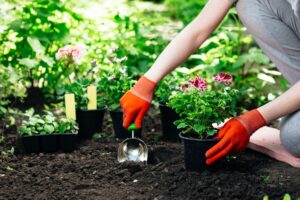
Finally, one of the biggest mistakes gardeners can make is failing to learn from their experiences and adapt their practices. Gardening is a continual learning process, and what works one year may not work the next. Being open to changing your methods and trying new approaches is essential for long-term gardening success.
Don’t Let Common Mistakes Stop You!
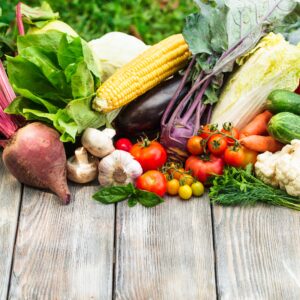
Gardening is a journey filled with learning and discovery, and mistakes are all part of the process. By being aware of these common pitfalls and taking steps to avoid them, you can ensure your garden remains a source of joy and beauty. Remember, every mistake is an opportunity to grow, both as a gardener and in your garden.
Catherine is a tech-savvy writer who has focused on the personal finance space for more than eight years. She has a Bachelor’s in Information Technology and enjoys showcasing how tech can simplify everyday personal finance tasks like budgeting, spending tracking, and planning for the future. Additionally, she’s explored the ins and outs of the world of side hustles and loves to share what she’s learned along the way. When she’s not working, you can find her relaxing at home in the Pacific Northwest with her two cats or enjoying a cup of coffee at her neighborhood cafe.
Leave a Reply